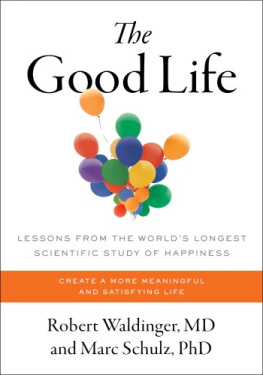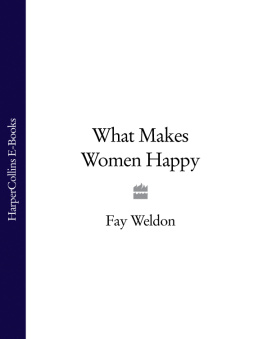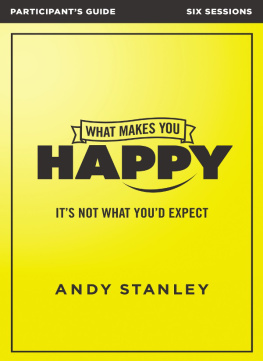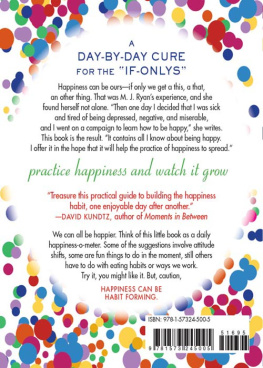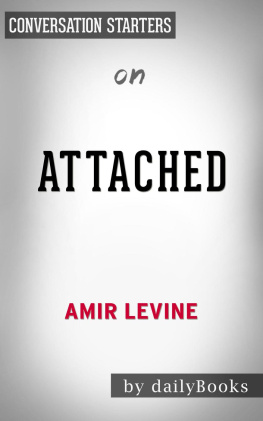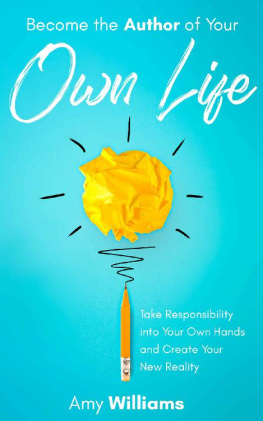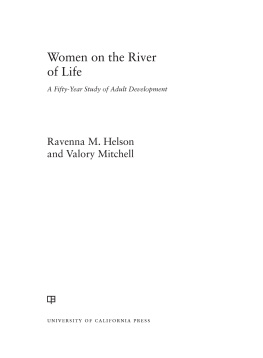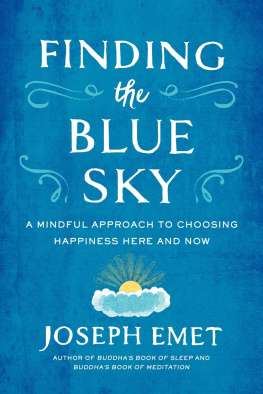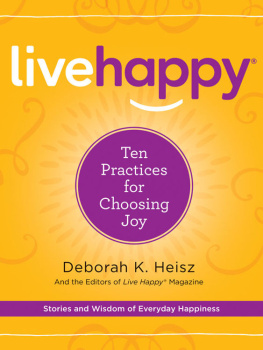Praise for
THE GOOD LIFE
Robert Waldinger and Marc Schulz lead us on an empowering quest toward our greatest need: meaningful human connection. Blending research from an ongoing eighty-year study of life satisfaction with emotional storytelling proves that ancient wisdom has been right all alonga good life is built with good relationships.
Jay Shetty, bestselling author of Think Like a Monk and host of the podcast On Purpose
In a crowded field of life advice, and even life advice based on scientific research, Schulz and Waldinger stand apart. Capitalizing on the most intensive study of adult development in history, they tell us what makes a good life and why.
Angela Duckworth, bestselling author of Grit ; Rosa Lee and Egbert Chang Professor, University of Pennsylvania; and cofounder, chief scientist, and board member of Character Lab
Want the secret to the good life? Waldinger and Schulz give it to you in this magnificent new book. Based on the longest survey ever conducted over peoples lives, The Good Life reveals who winds up happy, who doesnt, and whyand how you can use this information, starting today.
Arthur C. Brooks, professor, Harvard Kennedy School and Harvard Business School, and #1 New York Times bestselling author
Waldinger and Schulz are world experts on the counterintuitive things that make life meaningful. Their book will provide welcome advice for a world facing unprecedented levels of unhappiness and loneliness.
Laurie Santos, Chandrika and Ranjan Tandon Professor of Psychology, Yale University, and host of The Happiness Lab podcast
The Good Life tells the story of a rare and fascinating study of lives over time. This insightful, interesting, and well-informed book reveals the secret of happiness and reminds us that it was never really a secret after all.
Daniel Gilbert, author of the New York Times bestseller Stumbling on Happiness and host of the PBS television series This Emotional Life
Waldinger and Schulz have written an essentialperhaps the essentialbook on human flourishing. Backed by extraordinary research and packed with actionable advice, The Good Life will expand your brain and enrich your heart.
Daniel H. Pink, #1 New York Times bestselling author of The Power of Regret, Drive , and A Whole New Mind
Im beyond thrilled that Waldinger and Schulz are publishing the findings of the Harvard Study. Over the years, Ive discussed their research and recommended Waldingers TED Talk around the world. I can hardly wait to recommend The Good Life . The book is accessible, interesting, and grounded in researchand is bound to make a difference in the lives of millions.
Tal Ben-Shahar, bestselling author of Being Happy: You Dont Have to Be Perfect to Lead a Richer, Happier Life and Happier: Learn the Secrets to Daily Joy and Lasting Fulfillment
This book is simply extraordinary. It weaves hard data and enlightening case studies and interviews together seamlessly in a way that stays true to the science while humanizing it. And what an important lesson it teaches. It helps people to understand how they should live their lives and also provides a spectacular picture of what psychology can be at its best. It is data driven, of course, but data are just noise without wise interpretation.
Barry Schwartz, coauthor of Practical Wisdom and author of Why We Work Thank you for downloading this Simon & Schuster ebook. Get a FREE ebook when you join our mailing list. Plus, get updates on new releases, deals, recommended reads, and more from Simon & Schuster. Click below to sign up and see terms and conditions. CLICK HERE TO SIGN UP Already a subscriber? Provide your email again so we can register this ebook and send you more of what you like to read. You will continue to receive exclusive offers in your inbox. To the families we were born into and the families we helped create
AUTHORS NOTE
The Harvard Study of Adult Development has followed the lives of two generations of individuals from the same families for more than eighty years. Shepherding a study like this requires tremendous trust. Part of that trust comes from a deep commitment to protecting the confidentiality of participants. We have changed names and identifying details to protect participants confidentiality. All quotes in the book, however, are either verbatim or based on actual study interviews, audiotapes, observations, and other data.
WHAT MAKES A GOOD LIFE?
There isnt time, so brief is life, for bickerings, apologies, heartburnings, callings to account. There is only time for loving, and but an instant, so to speak, for that.Mark Twain
Lets begin with a question:
If you had to make one life choice, right now, to set yourself on the path to future health and happiness, what would it be?
Would you choose to put more money into savings each month? To change careers? Would you decide to travel more? What single choice could best ensure that when you reach your final days and look back, youll feel that youve lived a good life?
In a 2007 survey, millennials were asked about their most important life goals. Seventy-six percent said that becoming rich was their number one goal. Fifty percent said a major goal was to become famous. More than a decade later, after millennials had spent more time as adults, similar questions were asked again in a pair of surveys. Fame was now lower on the list, but the top goals again included things like making money, having a successful career, and becoming debt-free.
These are common and practical goals that extend across generations and borders. In many countries, from the time they are barely old enough to speak, children are asked what they want to be when they grow upthat is, what careers they intend to pursue. When adults meet new people, one of the first questions asked is, What do you do? Success in life is often measured by title, salary, and recognition of achievement, even though most of us understand that these things do not necessarily make for a happy life on their own. Those who manage to check off some or even all of the desired boxes often find themselves on the other side feeling much the same as before.
Meanwhile, all day long were bombarded with messages about what will make us happy, about what we should want in our lives, about who is doing life right. Ads tell us that eating this brand of yogurt will make us healthy, buying that smartphone will bring new joy to our lives, and using a special face cream will keep us young forever.
Other messages are less explicit, woven into the fabric of daily living. If a friend buys a new car, we might wonder if a newer car would make our own life better. As we scroll social media feeds seeing only pictures of fantastic parties and sandy beaches, we might wonder if our own life is lacking in parties, lacking in beaches. In our casual friendships, at work, and especially on social media, we tend to show each other idealized versions of ourselves. We present our game faces, and the comparison between what we see of each other and how we feel about ourselves leaves us with the sense that were missing out. As an old saying goes, We are always comparing our insides to other peoples outsides .
Over time we develop the subtle but hard-to-shake feeling that our life is here , now, and the things we need for a good life are over there , or in the future. Always just out of reach.
Looking at life through this lens, its easy to believe that the good life doesnt really exist, or else that its only possible for others. Our own life, after all, rarely matches the picture weve created in our heads of what a good life should look like. Our own life is always too messy, too complicated to be good.
Spoiler alert: The good life is a complicated life. For everybody.
The good life is joyful and challenging. Full of love, but also pain. And it never strictly happens ; instead, the good life unfolds , through time. It is a process. It includes turmoil, calm, lightness, burdens, struggles, achievements, setbacks, leaps forward, and terrible falls. And of course, the good life always ends in death.
Next page
